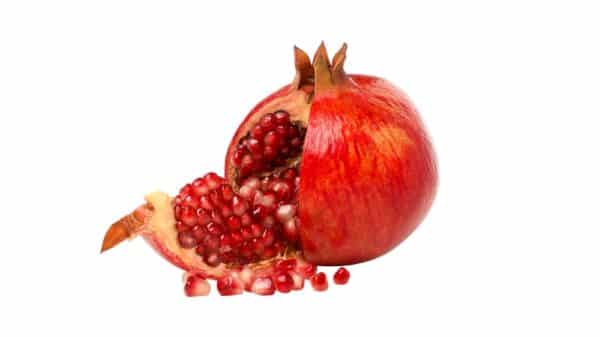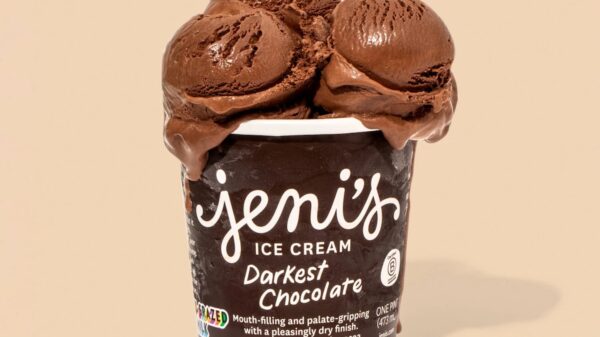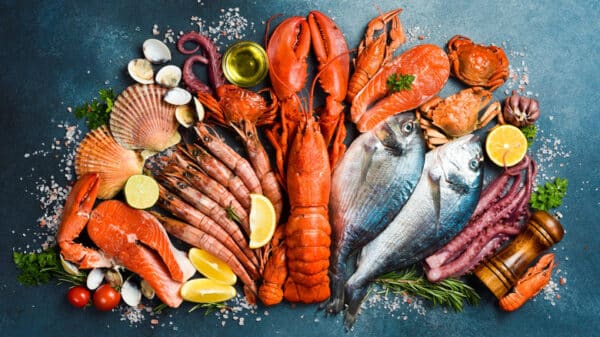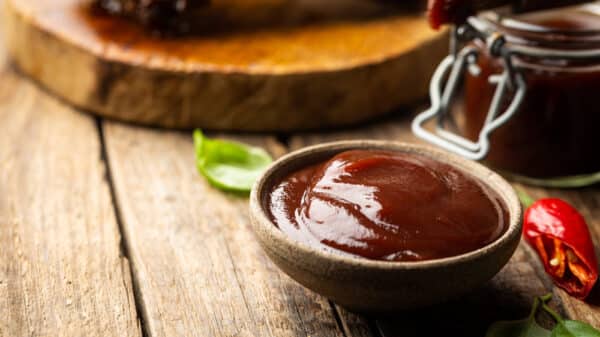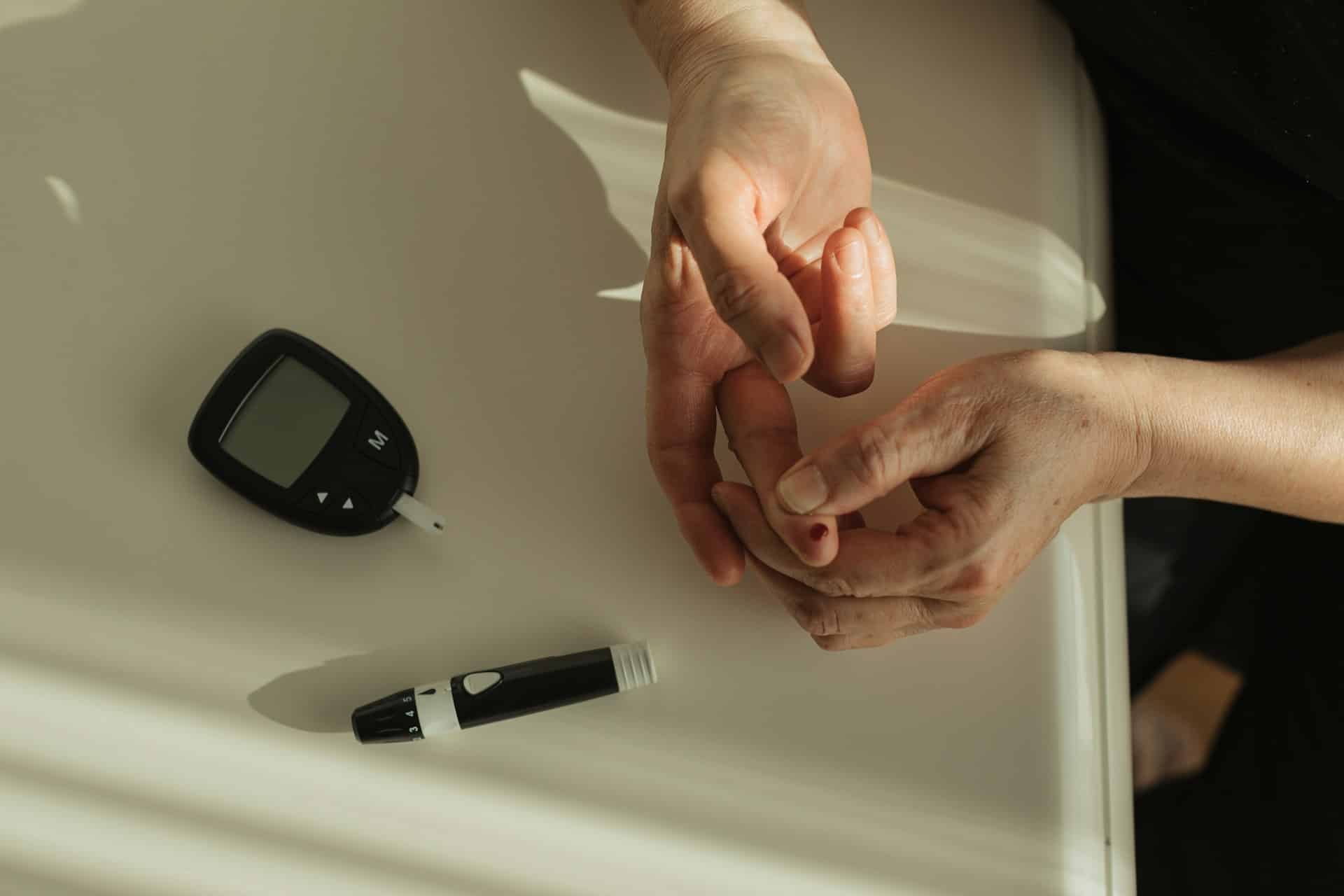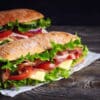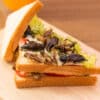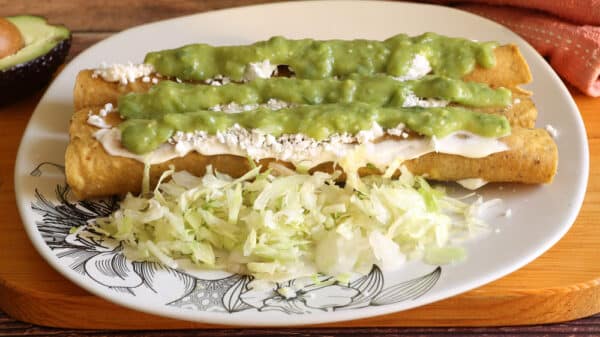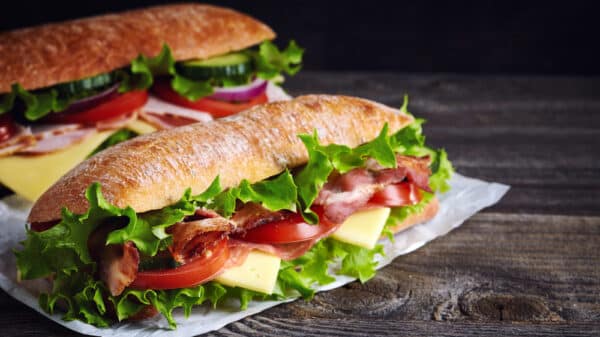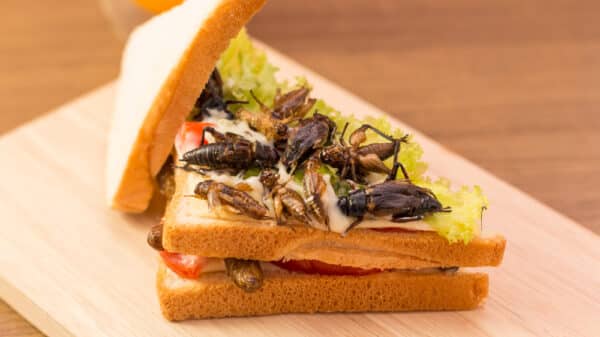When managing diabetes, a focus on diet is crucial. However, it’s essential to recognize that certain foods and drinks can interfere with the effectiveness of diabetes medications. Elaina Rosario, Pharm.D., highlights that diabetes medications are designed for precise functioning to control blood sugar. When specific foods are consumed, they can alter medication absorption and effectiveness.
High-Fat Foods
While some fats, particularly unsaturated varieties, provide health benefits, excessive saturated fats can heighten the risk of developing type 2 diabetes. High-fat meals can also affect how quickly diabetes medications are absorbed. For instance, as noted by Daria Zajac, RD, high-fat foods slow digestion, which can delay medication efficacy. Examples include whole-fat dairy products, processed meats, and fried foods. Additionally, individuals taking glucagon-like peptide-1 receptor agonists (GLP-1 RA) may experience gastrointestinal side effects such as nausea and diarrhea.
Foods High in Added Sugar
Limiting high-sugar foods is critical for preventing rapid fluctuations in blood sugar levels. Foods laden with added sugar, including candies, sodas, and desserts, can hinder diabetes medications. Rebecca Emch, Pharm.D., compares this struggle to “bailing water out of a boat while someone else is pouring more in,” signifying the challenge in maintaining stable blood sugar. Nonetheless, this doesn’t necessitate the complete avoidance of carbohydrates or sugars; rather, choosing whole-food sources rich in fiber is a better approach.
Highly Processed and Refined Carbohydrates
Foods that are highly processed and carb-heavy—like white bread, sugary cereals, and baked goods—often contribute to blood sugar spikes. This elevation can complicate management when medications, especially rapid-acting insulin, are involved. Rosario suggests that pairing these refined carbs with protein or healthy fats can slow digestion, potentially averting sudden blood sugar spikes. The American Diabetes Association underscores the importance of focusing predominantly on minimally processed, high-fiber carbohydrate sources.
Caffeine
Caffeine has been noted to influence the performance of certain diabetes medications, particularly SGLT2 inhibitors. These medications aid in removing excess sugars from the body. However, it’s critical for individuals to be aware of how caffeinated beverages might interact with their drug regimen and overall blood sugar control.
Conclusion
Understanding which foods can interfere with diabetes medications can significantly improve overall management of the condition. By identifying foods to avoid or limit, individuals can better tailor their diets, leading to optimal medication effectiveness and blood sugar control. Staying informed, consulting with healthcare professionals, and prioritizing a balanced diet are key steps in achieving a healthier lifestyle with diabetes.
Image Source: Unsplash












